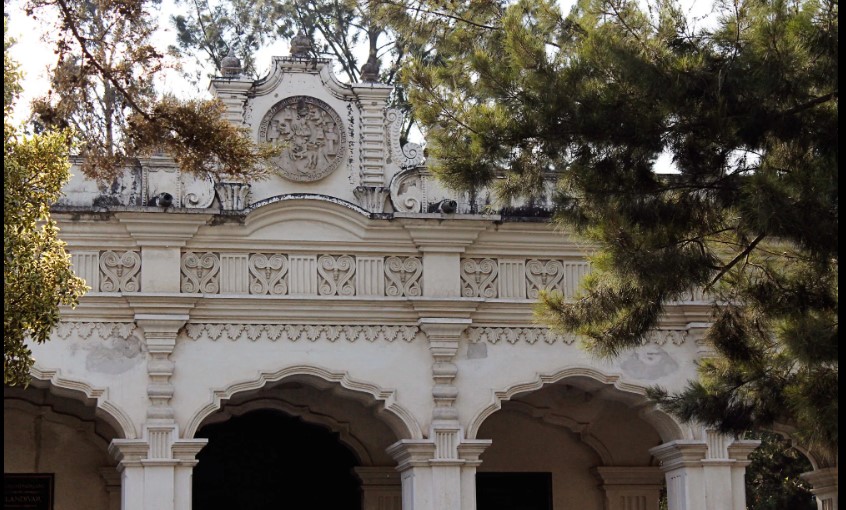The University of San Carlos of Guatemala guards the eternal slumber of Rafael Landívar.
Keywords:
Rafael Landívar, Bologna, forensic identification, University of San Carlos de Guatemala, Rafael Landívar Cultural CenterAbstract
The Association of Students of Humanities and the rector of the University of San Carlos of Guatemala, Carlos Martínez Durán, requested the Guatemalan Ambassador to Italy, Jorge Luis Arriola, to locate, identify and repatriate the remains of Rafael Landívar. Dr. Arriola worked with Dr. Angelo Carboni, parish priest of the Santa Maria della Muratelli Church, Bologna, where the poet's
tomb was located. Forensic anthropologist Fabio Frassetto determined which were the remains, which were repatriated to Guatemala. On March 17, 1950 the remains were buried in the monument built by the University of San Carlos de Guatemala in La Antigua Guatemala.
References
Arriola L., J.L. (1950) Los restos de Landívar. Revista de la Universidad de San Carlos de Guatemala, número XXI, octubre-diciembre.
Carboni, A. (1951). Estudio Histórico Documentado sobre el Descubrimiento de los Restos del Poeta D. Rafael Landívar y Caballero. Revista de la Universidad de San Carlos de Guatemala, número XXII, enero-marzo

Downloads
Published
How to Cite
Issue
Section
License

This work is licensed under a Creative Commons Attribution 4.0 International License.
Authors who publish with this journal agree to the following terms:
- Authors retain copyright and grant the journal right of first publication with the work simultaneously licensed under a Creative Commons Attribution License 4.0 that allows others to share the work with an acknowledgement of the work's authorship and initial publication in this journal.
- Authors are able to enter into separate, additional contractual arrangements for the non-exclusive distribution of the journal's published version of the work (e.g., post it to an institutional repository or publish it in a book), with an acknowledgement of its initial publication in this journal.
- Authors are permitted and encouraged to post their work online (e.g., in institutional repositories or on their website) prior to and during the submission process, as it can lead to productive exchanges, as well as earlier and greater citation of published work.




